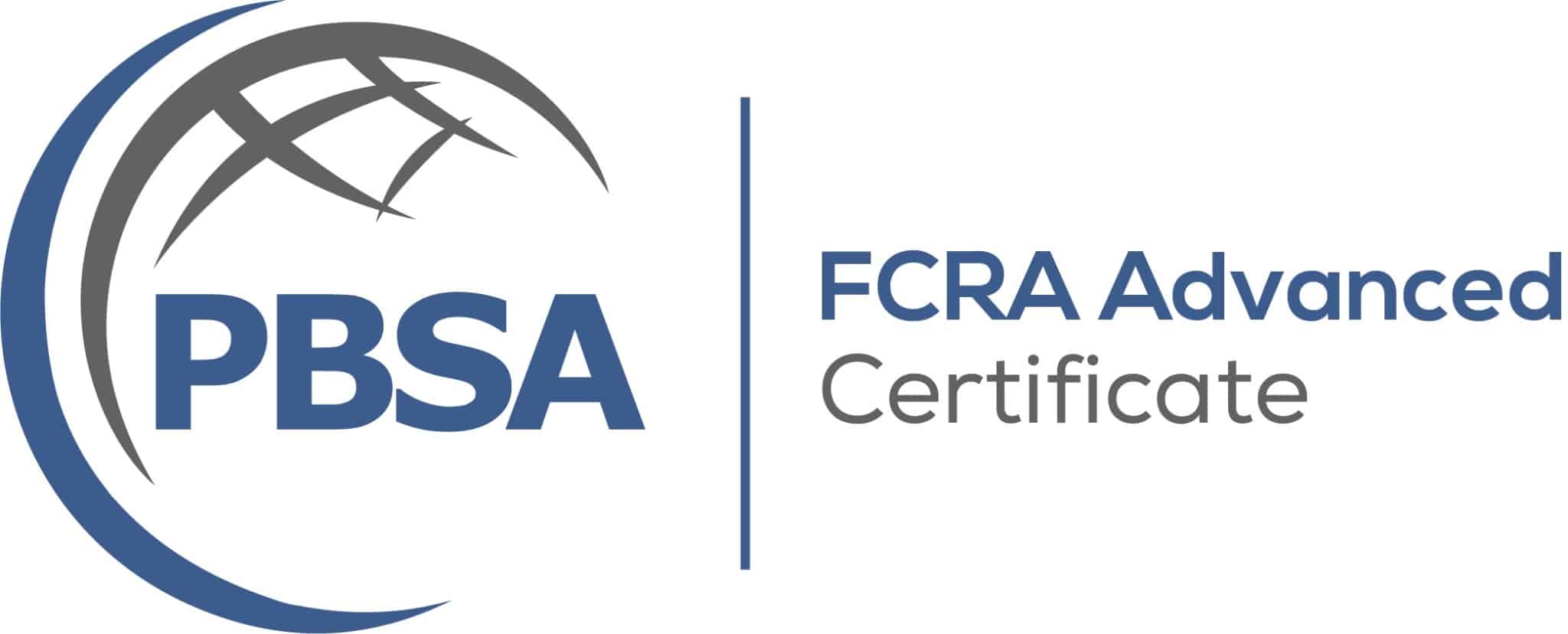
Consumer Report
Compliance note
- Employers must provide a clear FCRA disclosure and obtain written authorization before ordering a consumer report.
- Consumer reports may include criminal records, credit history, and verification data but must be job-related and compliant with EEOC guidance.
- Applicants have the right to review and dispute information found in their report.
- Improper use of consumer reports can lead to FCRA violations and significant penalties.
Related Terms and Posts
Frequently Asked Questions
A: A consumer report may include criminal records, employment history, credit history, and verification of education or credentials, depending on the employer’s screening policy and the job type.
A: Yes. Under the FCRA, employers must provide a standalone disclosure and receive written authorization from the candidate before ordering the report.
A: Yes. Applicants have the right to dispute any inaccurate or incomplete information with the consumer reporting agency, which must investigate and correct verified errors promptly.
DISCLAIMER: The information provided in this glossary is for general informational purposes only and should not be construed as legal advice. While we strive for accuracy, EDIFY Background Screening does not guarantee that the definitions or explanations are complete, up to date, or error-free. Employers should always consult with competent legal counsel to ensure compliance with applicable laws and regulations.
Stay Updated with EDIFY Insights Newsletter
Get compliance tips, background screening updates, and HR best practices delivered straight to your inbox.





